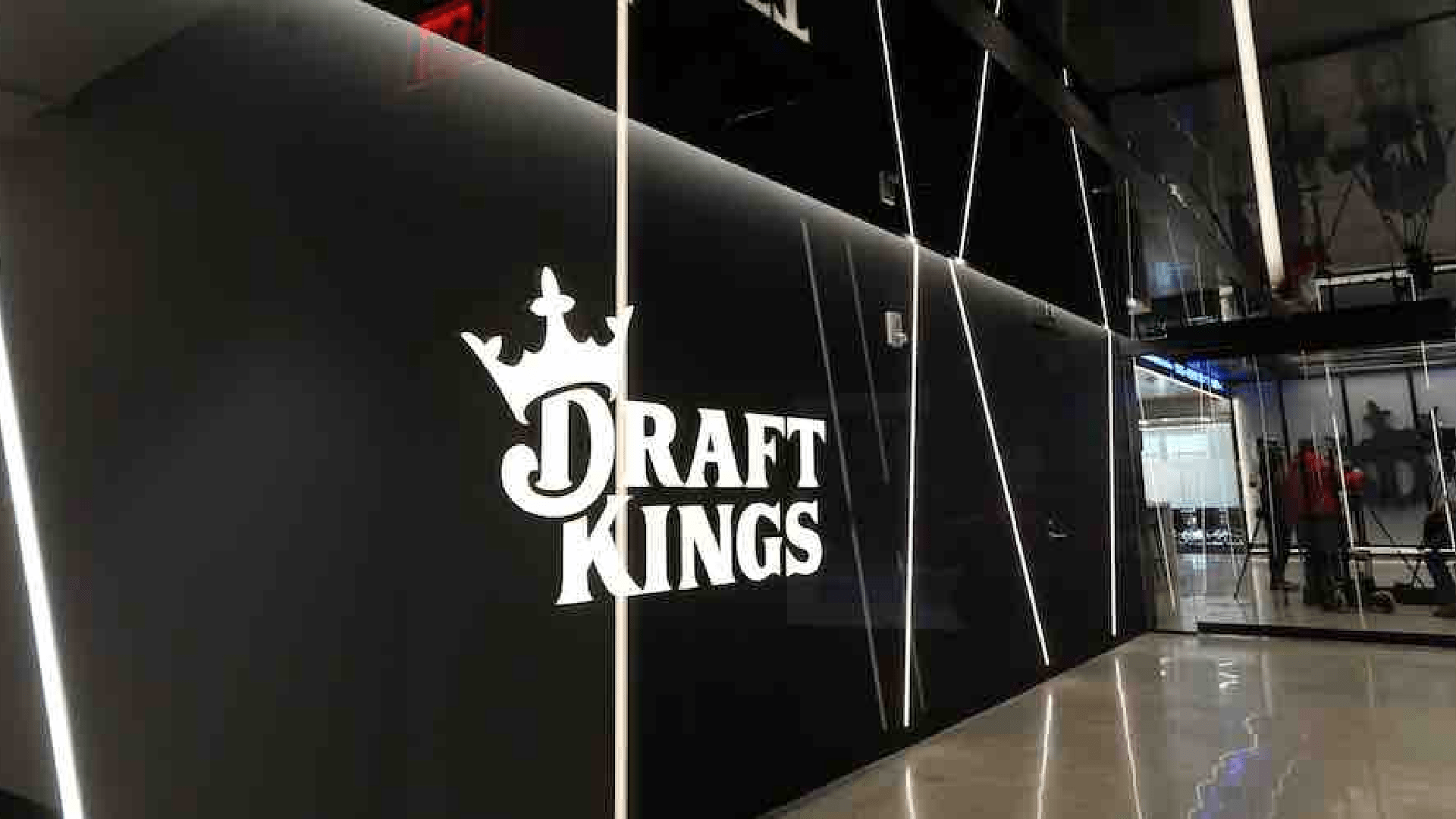The budget for Illinois that was signed on Saturday by Gov. J.B. Pritzker (D) included a last-minute addition that led to the state's second tax increase on sports betting within a year.
The plan suggested by the governor’s office introduces a tax of 25 cents for each bet on an operator’s first 20 million recorded wagers, with the amount increasing to 50 cents for every wager placed beyond that initial 20 million. Similar to the graduated tax plan introduced last year in the state, Flutter Entertainment’s (NYSE: FLUT) FanDuel and DraftKings (NASDAQ: DKNG) will shoulder most of the burden from the new tax system.
In a Sunday message to clients, Truist Securities analyst Barry Jonas indicated that during the trailing 12-month (TTM) interval from April 24, 2024, to March 25, 2025, FanDuel and DraftKings recorded 164 million and 146 million bets, respectively, in Illinois, suggesting potential ramifications for those operators’ financial forecasts.
"Given these TTM figures, FanDuel would have paid an additional ~$77M, followed by DKNG at ~$68M (full-year impact). If implemented on 7/1/2025, we estimate the costs to company guidance for this year only (July-Dec) would be ~$40-45M for FLUT and ~$35-40M for DKNG,” observes Jonas.
According to the Truist analyst, BetMGM may face a financial impact of around $4 million from the recent tax increase in Illinois, while Chicago's Rush Street Interactive (NYSE: RSI) could be affected to the extent of $3.25 million. The new tax is projected to generate $36 million in additional income for the state.
DraftKings, FanDuel May Have Cards to Use in Illinois
Jonas points out various opportunities for DraftKings and FanDuel in Illinois amidst another tax hike, such as the potential for those operators to enforce minimum bet amounts, transferring expenses to bettors through surcharges, and the chance of prediction market firms encroaching on the market share of conventional sportsbooks.
The analyst recognizes the negative perception surrounding minimum bet requirements, and last year, DraftKings proposed a surcharge plan in some high-tax states, but abandoned the idea when its competitors declined to participate.
Regarding the potential risk posed by prediction market operators like Kalshi, the new Illinois sports betting tax may push bettors toward those platforms for straightforward bets; however, these firms currently lack the parlay options that have made DraftKings, FanDuel, and other online sportsbooks highly favored among bettors.
If Kalshi and similar companies gain a foothold in Illinois, it would underscore the benefit these firms have in operating in states without gaming licenses. Illinois is aware of this and is one of the states that have sent cease-and-desist letters to Kalshi. Jonas points out that the recent rise in sports betting tax in Illinois might pave the way for the approval of iGaming legislation in the future.
“Overall, the FY26 IL budget increases state spending on what we expect to be a lower revenue base, with IL likely having limited opportunities to extract further tax dollars from OSB,” said the analyst. “We still view iGaming as the next move for budget-challenged states given the sizable tax contributions it can offer.”
Pritzker Praises Budget Discipline, yet …
Pritzker, rumored to be a candidate for the 2028 presidency, praised the budget — the seventh straight delivered in a balanced manner — as further evidence of his state's fiscal responsibility. Luckily for the governor, “responsibility” and “stability” do not always align.
Illinois is positioned 50th regarding fiscal stability — placing 50th for long-term stability and 41st for short-term — based on U.S. News & World Report. For fiscal 2026, Pritzker's office estimated a shortfall of $3.2 billion, expected to rise to $4.1 billion in the following fiscal year and reach $5 billion by fiscal 2028.
Since Pritzker assumed office in January 2019, Illinois has enacted 50 tax hikes, and the state's budget has increased by $16.7 billion, as reported by Illinois Policy. Additionally, Pritzker's most recent budget features a $13 billion boost for the state's public pension recipients while reducing funding by $5 billion to maintain the system for future retirees. Certain municipalities in the state are already relying on the gaming sector to strengthen public pensions.







